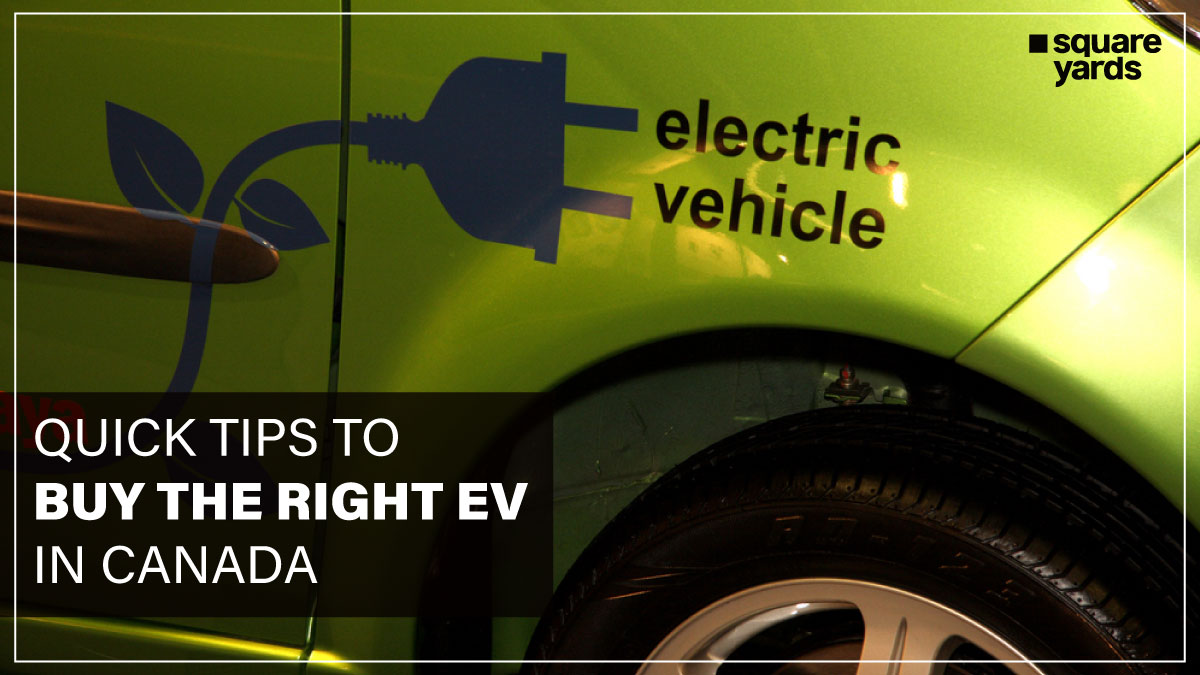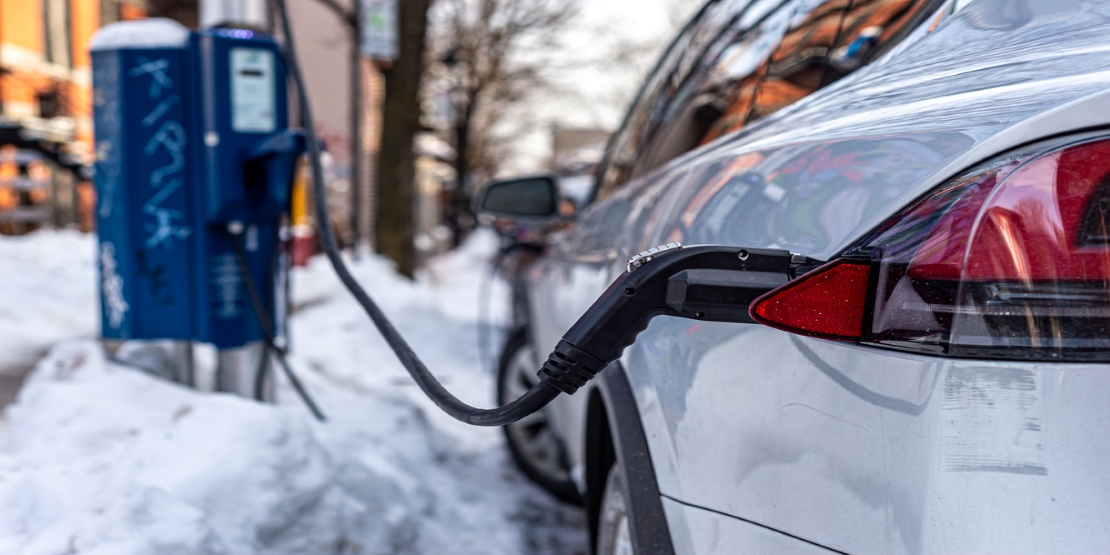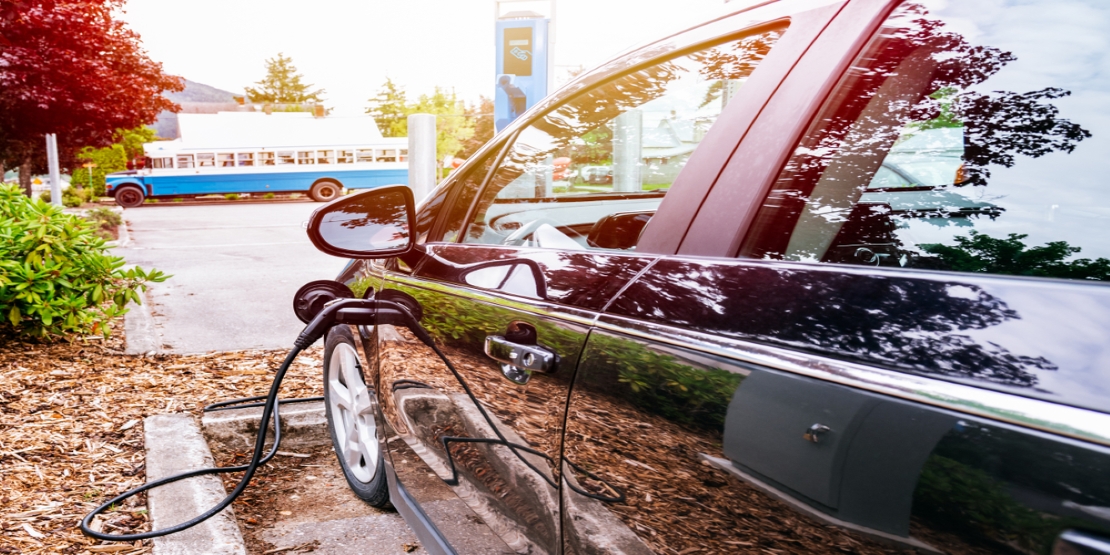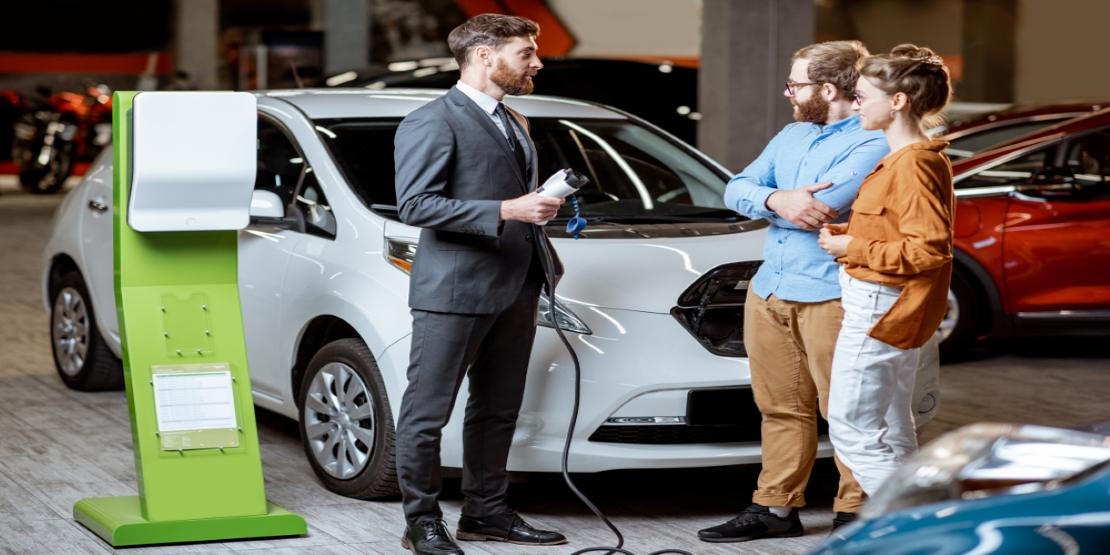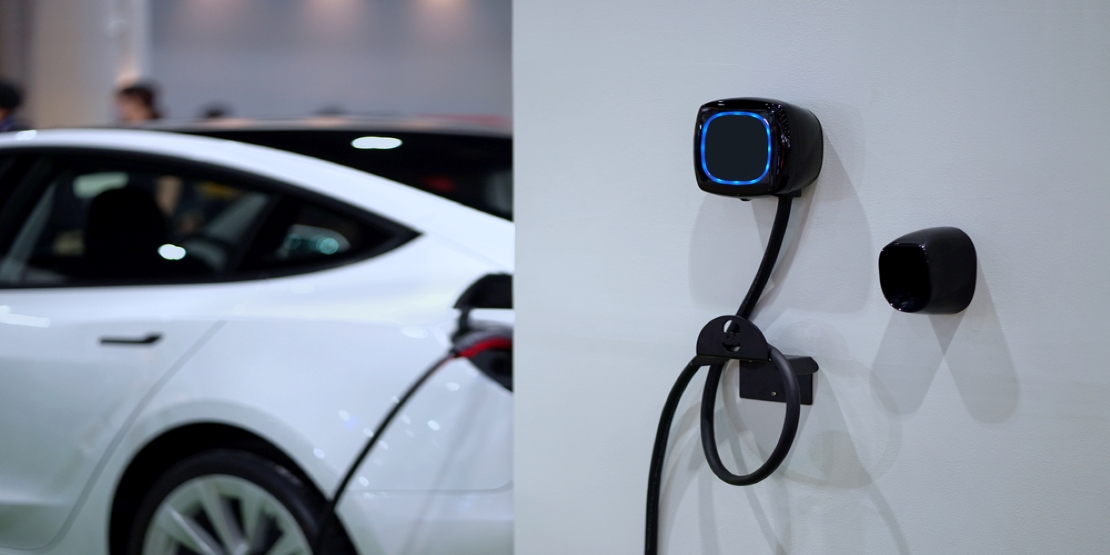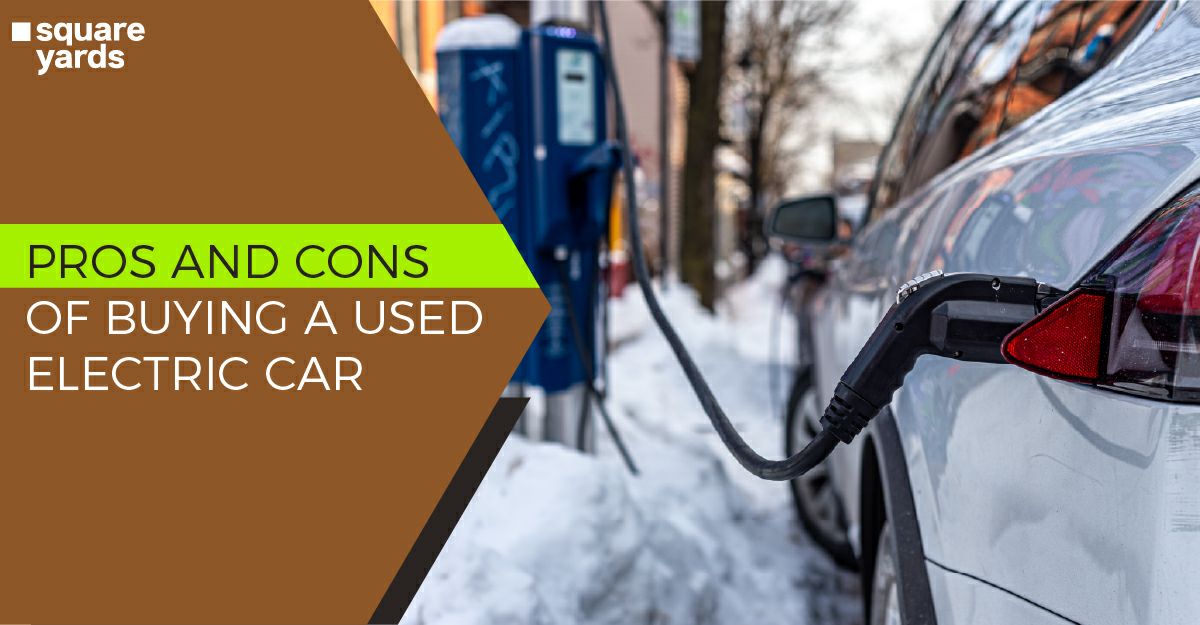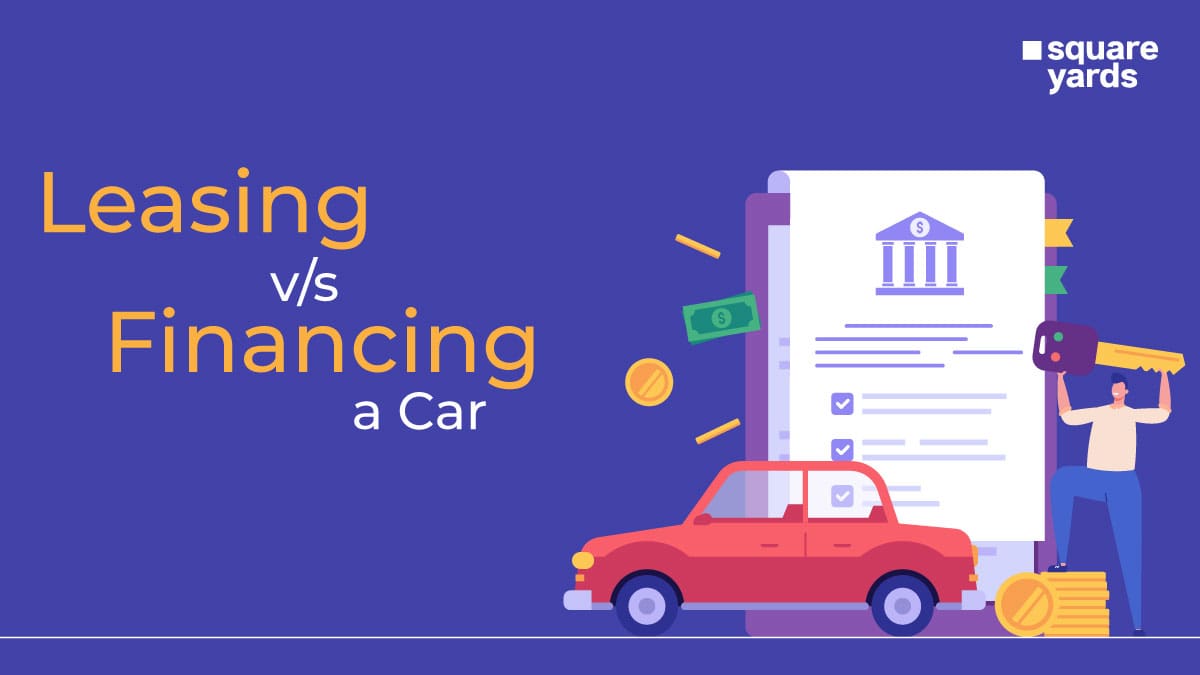Electric cars in Canada are gaining more and more popularity with each passing day. With a breathtaking range of choices, people in Canada have never had more transportation options. And, once you have decided to go electric with your next car, the excitement of finding the right deal begins! These vehicles are the future of mobility, and we all know how positively they will impact our planet. Cleaner emissions indicate less pollution, and less pollution means a greener environment. Hence, in short, EVs play a great role when it comes to eco-friendly transportation.
Buying the best electric car in Canada can be quite tricky given the plethora of options, complex terminologies, etc. Moreover, there are a handful of factors to be taken into consideration before you buy an electric car in Canada or any other country. From the infrastructure of charging to the price of the best electric car in Canada, each factor impacts your choice. This article will highlight a few secret tips you must consider when buying your next EV in Canada. But before that, let’s get an idea of the types of EVs available.
Types of Electric Cars in Canada
Mainly, there are two types of electric vehicles, i.e. Plug-in Hybrid Electric Vehicle (PHEV) and Battery Electric Vehicle (BEV). Both kinds are fully or partially powered by a battery pack and an electric motor.
If we talk about Plug-in Hybrid Electric Vehicle in detail, PHEVs have all of the similar components that Hybrids have, with just one difference. The battery packs are pretty large and can easily be recharged by plugging in. This type of EV offers 20-80 km of dedicated complete-electric driving. Once the battery is used up entirely, a generator or gasoline engine takes over everything from that point on. The electric car then starts functioning as a regular hybrid.
On the contrary, Battery Electric Vehicle (BEVs) are fully electric vehicles that never use gasoline. Instead, these vehicles are solely powered by a battery pack and an electric motor. If you are looking for a cost-effective and environmentally-friendly option, then BEVs can prove to be a good-to-go option.
With the understanding of the EVs available, let’s have a look at the top tips to buy best electric cars in Canada.
5 Tips to Keep in Mind while Buying Electric Cars in Canada
It seems like it was just yesterday that electric cars in Canada were a rare innovation. However, today, most people are driving EVs. So, if you are also considering going electric, we have got you covered with some essential tips that will help you in the long ride!
-
Comprehend the Specifications
Understanding the specifications is a must when you buy an electric car. The specifications of an EV may differ from one model to another, but the basics remain the same. The power of your EV’s electric motor is measured in kW or kilowatts, whereas, the energy capacity of the battery is in kWh, i.e., kilowatt-hours. To put it simply, 1 kWh is equivalent to the energy required to keep a 1kW electric motor functioning for 1 hour. Please note that it is just a standardized measurement and might vary from real-world driving.
Apart from this, the onboard charger of the vehicle is rated in kW, which signifies the acceptance rate of the electric car. In simplest terms, it indicates how quickly the EV battery can be charged. Most electric cars in Canada run from 6.6kW to 7.2 kW. You just need to know that the higher the number, the lesser the charging time. Also, remember that faster charging and a longer driving range will increase the cost and weight of the electric car.
-
Range Must Be Your Primary Consideration
In comparison to the past, modern electric cars in Canada get a much finer range. Thanks to the upgraded battery technology! But many drivers are still not assured about having enough range. We believe that you must go for a battery range that you can comfortably afford. When you go to buy an electric car, make sure to note your daily mileage for a week or two. This will help you know the minimum range that you’ll need. So, in a nutshell, the range must be given due consideration.
-
Decide on the Payment Options
Cash, lease, or finance? While EV-shopping, it’s better to decide beforehand how you want to pay for your electric car in Canada. If you are leasing or financing, make use of the numbers on the manufacturer’s official website. This will allow you to do some calculations ahead of time before visiting the store. Furthermore, don’t forget to deduct your gas and average monthly maintenance costs for your current gas-powered car from the monthly electric car cost. This will give you a rough estimate of what your new electric car in Canada will cost. Depending on the cost that you spend on your current vehicle’s gas, you might come up with two findings. You can either buy a more expensive electric vehicle than you thought or save a chunk of money.
-
Understand EV Incentives in Depth
While hunting for the best electric car in Canada, you must know about the EV incentives in detail. British Columbia residents, NPOs, businesses, and local government organisations might be eligible for electric vehicle incentives. These incentives are eligible when leasing or purchasing qualifying new EVs. One incentive is worth up to nearly $3000 from the B.C. government and another is worth up to $5000 from the federal government. All the incentives are directly applied to the pre-tax sticker price by the dealer.
-
Install a Home Charger
Last but not least, we recommend you get an electric vehicle charger fitted to your home. Though you can charge your EV in Canada at Level 2 charging stations, but why not get a home charger installed (only if you are eligible) before your electric car in Canada arrives? Also, you will be happy to know that there are rebates available for home chargers. All residents and owners of single-family homes who get a Level 2 EV charger installed at their homes can receive a rebate of up to 50% of the cost, which can go to at most $350, while funding lasts. The offer is available to townhouses and duplexes, which also have dedicated parking or garages.
Choose Your Next EV in Canada Wisely!
In light of the information above, electric cars in Canada have evolved rapidly. Therefore, you must be wise in making the right choice. Moreover, the tips stated above will definitely help you buy the best electric car in Canada. No matter what your budget is or what specifications you are looking for, you will surely find an electric car of your choice in Canada. So, buy an EV today and save money in the long run, as these cars are cheaper to own and maintain than gasoline-powered cars.
You May Also Read
| How To Buy a Car in Canada? | Checklist to Buy Cars in Canada |
| Buy a Duplex House in Canada | How to Buy a House in Toronto? |
| Home in Affordable Cities of Ontario | How to Buy Leasehold Property in Canada? |
Frequently Asked Questions (FAQs)
How many EVs are in Canada?
The new registrations of electric vehicles in Canada hit a significant milestone in 2021-22, with EVs constituting nearly 5.2% of all new vehicle registrations. And, this number is expected to rise in the coming years.
Can you drive an EV across Canada?
Fortunately, you can drive electric cars in Canada without any hassle. But be sure to plan ahead, especially if you wish to travel across Canada.
Is there a tax credit for Evs in Canada?
Yes, there’s a tax credit for electric cars in Canada that ranges up to $5,000. This is eligible for both new as well as used electric car purchases. On the other hand, the hybrids qualify for $2,500.
How long does it take to charge an electric car in Canada?
A 40 kWh EV battery will take around 6 hours to recharge completely, or only less than 4 hours to go from 30% to 90%. Meanwhile, an 82kWh EV battery takes nearly 13 hours to recharge fully, or around 8 hours to go from 30% to 90%. NOTE: These are rough estimates only. The actual time may differ while practicing.
How long do EV batteries last?
Generally, all EV battery manufacturers provide 5-8 year warranties on their batteries. However, as per current predictions, EV batteries can last for around 10-20 years as well. It’s vital to note that batteries are designed to not die completely but to lose charge capacity slowly with time.
Are EV charging stations free to use in Canada?
Majority of public Level 2 charging stations are free to use in Canada. While some of them require electric car drivers to join a service network in order to access the charging stations.

